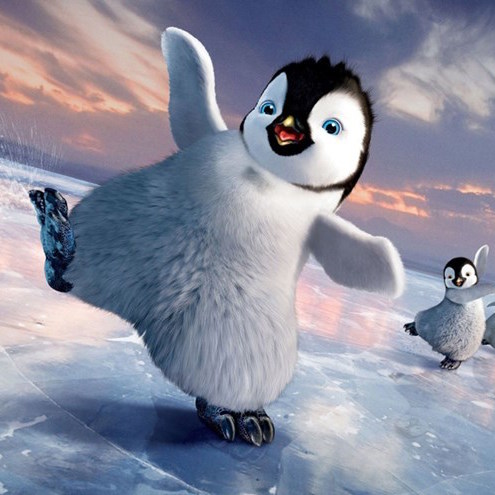Throughout chapter 3, author, Elizabeth Kolbert discusses the terms catastrophism and uniformitarianism. Catastrophism, the thought that the history of the planet was characterized by global catastrophes which in return lead to extinction, was believed by William Whewell. Charles Lyell and Charles Darwin, on the other hand, believed in uniformitarianism. This was the thought that species went extinct at a slow process instead of a large catastrophe. However, there was opposition due to Darwin disagreeing with Lyell’s theories. Darwin believed that the aspect of extinction happening gradually could be applied to life as well as geology. In fact, he stated that extinction could not be possible without the creation of new species. This belief later adds on to the competition for resources and why one species begin to die off due to lack of dominance. This is called natural selection. The thought that the strong stay on top, because they are superior, was unfortunately related to human development and later on led to the aspect of white supremacy. Later on, Kolbert speaks about a species of bird she studied named Auks. Auks were amazing swimmers, similar to their penguin relative, but humans hunted them into extinction. With this, she counters Darwin’s beliefs stating that humans are not like other species because other species don’t result in the extinction of others. For me this has a close relation to the theme of natural systems change over time. This had a direct relation to the aspect of how competition leads to a change in location and eating habits. (P) In fact, I predict that in the following chapters there will be a thread of human impacts of the development of future populations.

No comments:
Post a Comment